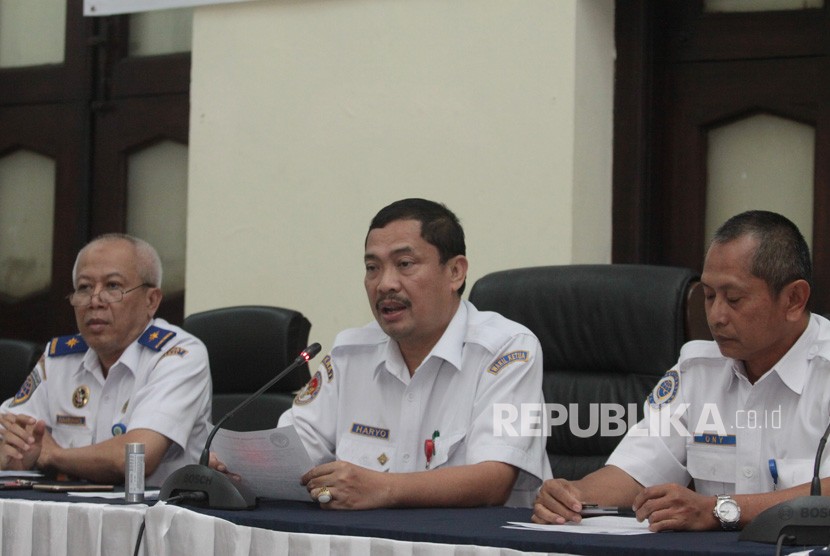REPUBLIKA.CO.ID, JAKARTA -- The airworthiness of a plane during its flight is the responsibility of its pilot, air safety investigation commissioner of the National Committee for Transportation Safety (KNKT) Oni Soerjo Wibowo said. However, if the plane is on land, it is the responsibility of its engineers, he added.
"While a plane is in flight, all the decisions rest with its pilot," he stated at a press conference here on Thursday.
The press conference was held nearly a month after a Lion Air flight JT 610 crashed into the Java Sea off Tanjung Karawang, West Java, 13 minutes after taking off from Cengkareng's Soekarno-Hatta International Airport at 6:20 a.m. local time on its way to Pangkalpinang on Monday (Oct 29). The Boeing 737 Max 8 aircraft, carrying 189 people on board, reportedly lost contact at 6:33 a.m. local time.
In case of a disorder during flight, the pilot must take a decision based on the standing procedure, including the checklist, he noted.
"If the checklist states that the plane must not land at the nearby airport, it will be another matter. In this regard, we investigated the procedures, its philosophy, and the decisions made. Those are the tasks we are carrying out for comprehensive evaluation," he explained.
On the Lion Air PK-LQP flight from Denpasar to Jakarta, with flight number JT 043, the pilot decided to continue the flight. In the Lion Air manual, it was stated that there was trouble in the "angle of attack" sensor, and the pilot was advised to return to the airport of origin (return to base), he added.
"Hence, I suggest that engineers and pilots check the airworthiness of their planes every second," he elaborated.
For its part, the KNKT issued two recommendations to Lion Air. First, it must ensure the implementation of operation manual part A sub-chapter 1.4.2 to promote the culture of safety and allow the pilot to take a decision to continue the flight, and second, it must ensure that all operation documents are filled and properly documented.
"So, there was mismatch between the Lion Air manual book and the condition of the previous flight, namely Denpasar-Jakarta route. Given trouble in the angle of attack sensor, the plane should have returned to the airport of origin rather than continuing its flight," Chief of KNKT's Flight Subcommittee Nurcahyo Utomo revealed.



